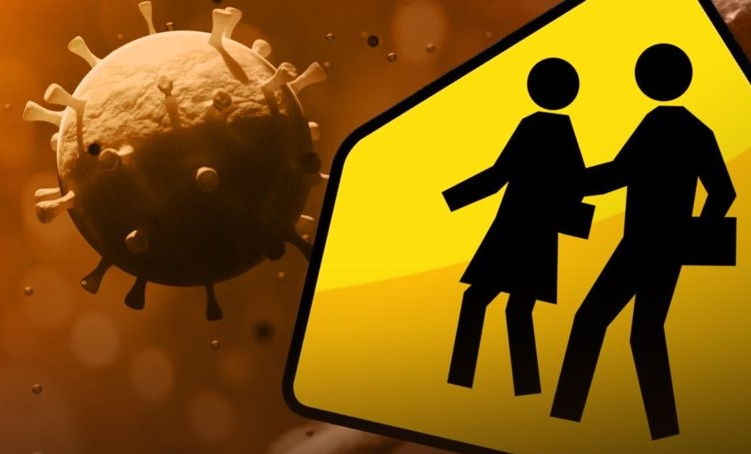 We learned this week that Gov. Wolf has announced additional restrictions on indoor dining, alcohol consumption and large gatherings in Pennsylvania to regain control after a resurgence of COVID-19 in parts of the state. Under Wolf’s order, indoor events and gatherings of more than 25 people will be prohibited. And businesses will be required to have their employees work remotely to the extent possible.
We learned this week that Gov. Wolf has announced additional restrictions on indoor dining, alcohol consumption and large gatherings in Pennsylvania to regain control after a resurgence of COVID-19 in parts of the state. Under Wolf’s order, indoor events and gatherings of more than 25 people will be prohibited. And businesses will be required to have their employees work remotely to the extent possible.
Although Gov. Wolf did not specifically mention schools in his latest press release, he has previously pushed the schools to reopen but is leaving the details of “how” to the individual school districts. The president of Pennsylvania State Education Association (PSEA), the state teachers union, weighed in this week urging the Governor to begin planning for online instruction in schools for 2020-21 school year.
We know that some school districts have done better jobs with drafting their reopening plans and with including stakeholders in the process than others. For instance, the Phoenixville Area School District completed its draft plan for reopening schools back in June and posted the plan on its website. During the summer, PASD sent regular updates to parents, conducted multiple surveys and is hosting a series of online meetings to hear from parents and community members on issues related to reopening schools. Based on the new information from PSEA, Phoenixville’s superintendent immediately videotaped a message for parents and posted it on the website.
Please look at PASD website, www.pasd.org – it is remarkable, with updated information on their “virtual academy”, videos and superintendent chats with the parents and community. PASD is providing impressive communication and transparency, especially regarding COVID-19.
I am certain that many school districts are providing the same type of public information and updates and only use PASD as an example. Now please look at TESD website, www.tesd.org – the most recent item on the page is the video from the June 29 school board meeting.
From parents this week, I learned that the planned Conestoga High School graduation for next week is cancelled. Again, from parents, I learned that several members of the CHS football team (voluntary football practice had started) have tested positive for COVID-19 and that the football is cancelled. From parents, we learned of the special “secret” reopening meeting between the administration and a select group of parents.
As you will read below, I learned about the virtual teacher reopening meetings from an attendee not the school board or the administration. None of this information is on the District website – there are no updates.
Scheduled for release next week, TESD parents and teachers are anxiously awaiting the specifics of its reopening plans.
In addition to the select (read secret) parent meeting held last week, the District’s administration held three separate virtual meetings for the elementary, middle and high school teachers respectively. As was the case with the parent meeting, no agenda was provided and no draft reopening plan was presented to the teachers. With the debate on whether and how to reopen school buildings, the teachers had anticipated details from the administration to be provided at the meeting.
However, much like the parents the week before, the teachers left the reopening meeting with more questions than answers. With the teacher’s permission, I provide the following notes from a District elementary school teacher who attended the reopening meeting:
Dear Pattye,
We had our reopening meeting today and I wish I could say I feel better after given some info and time to ask questions but I don’t.
The only definite information we were given is that we have to be prepared to be virtual for the fall, but that will only happen if we are in the red phase again. They did tell us virtual learning will have live learning for language arts and math, and they’re working on specials, science, and social studies.
Questions were asked about how many students would be in each room – the questions weren’t answered.
Questions were asked about procedures if a student or teacher gets sick – no plan was given, just that the CDC is notified and they control what actions the school takes.
We asked about teachers who are high risk and what provisions would be made for them – question was not answered.
We did learn that the District is buying masks and face shields, and some desks will be equipped with Plexiglas for students who cannot wear a mask due to health reasons.
They are spacing the desks 3 feet apart right now, and hope to extend that spacer closer to 6 feet if the numbers allow.
They did say the plan is not finished, and they do not have a plan for specials yet.
They were also iffy when we asked about how we would be notified of exposure, saying the CDC would do contact tracing. Currently- we aren’t even notified of lice outbreaks so I’m not confident we’ll get notified about this.
So many questions were left unanswered I’m even more concerned about returning.
We were told that they are really trying to improve the virtual learning plan so it is more like in person school, and that they hope if the plan is good enough more parents will opt in for virtual learning so we can have lower in-school numbers.
In terms of transportation, they are extending the pick-up and drop-off window in hopes that more parents will do that instead of riding the buses. Right now, the recommendation is 2 students per seat, which we already do and seating on the busses cannot be done socially distanced 3-6 feet apart.
Lunches will be in the classrooms and students will get 2 choices- there was no mention of recess.
Really, what I took from the meeting is that the school district is only fully “online” if we’re in red, and they have no idea about anything else. They did really focus on how we have until August 31 before anything is set in stone and that it’s very possible things may change before then.
I had asked a question on Community Matters about whether the teachers had received summer technology training in advance of the reopening of the schools to be prepared for the fall. A teacher, who attended the District’s reopening meeting, saw the question and responded as follows:
I read your post today, and one of the questions I saw asked was if teachers had been provided online training to help if the schools are virtual.
As far as I know, no we have not. The question was asked in our teacher reopening meeting if we would be provided distance learning training. The administration say they may set up some practice times the week of August 24th for teachers to get used to possibly having a camera on them and juggling virtual and in person class at the same time (if the District chooses to go with the integrated plan). It’s all a mess.
Following up on the teacher’s camera comment, it is my understanding that the District has purchased 500 cameras for the classrooms. The cameras would focus on the teacher and she/he would teach to the students who are in the classroom in addition to the students remotely learning from home. Having participated in a number of Zoom type meetings over the last several months myself (and with adults!) this kind of technology is not always easy to maneuver. I cannot imagine the juggling required for a teacher to do both distance learning and in class instruction simultaneously while the camera watches!
It was disappointing to learn from teachers that there was no distance learning training provided this summer. Although some parents and students had a favorable opinion of the remote learning provided in the spring, I think most would suggest that there was room for improvement. The District needed to dedicate attention to developing and improving online instruction with the teachers.
I question whether TESD actually has a detailed reopening plan – according to the parents who attended the secret meeting and the teachers who attended the virtual reopening meeting; the District is coming up short on the details.
Regarding the coronavirus and the reopening of the schools next month, is the public expected to trust the TE administration and the school board? Rather than expect communication and transparency from the District, should we adopt a casual “wait and see” attitude.
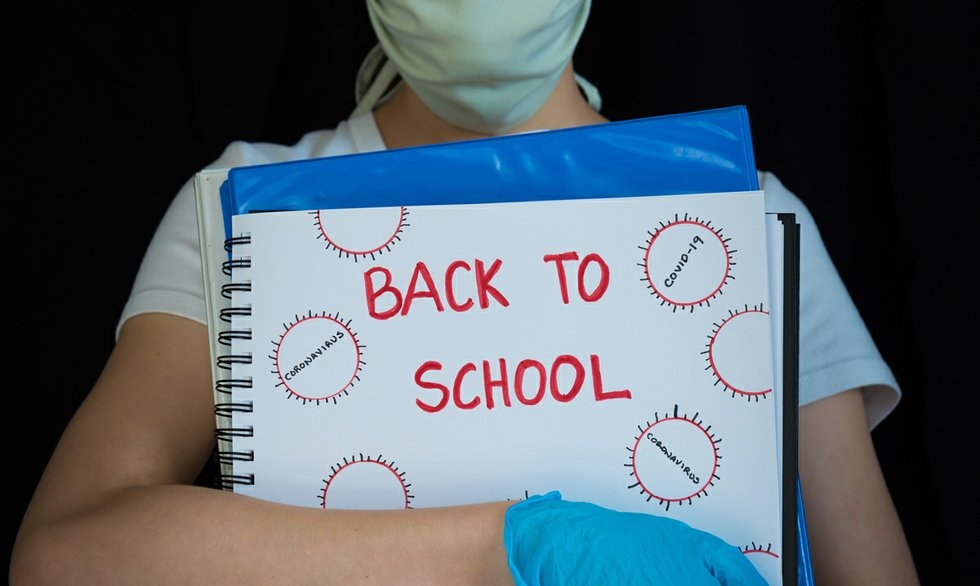 Next week, the community will learn the specifics of the reopening plan for the TESD schools. Scheduled for release the week of July 20 with school board vote to occur the following week, the public will have a short window to review and provide feedback on the proposed reopening plan.
Next week, the community will learn the specifics of the reopening plan for the TESD schools. Scheduled for release the week of July 20 with school board vote to occur the following week, the public will have a short window to review and provide feedback on the proposed reopening plan.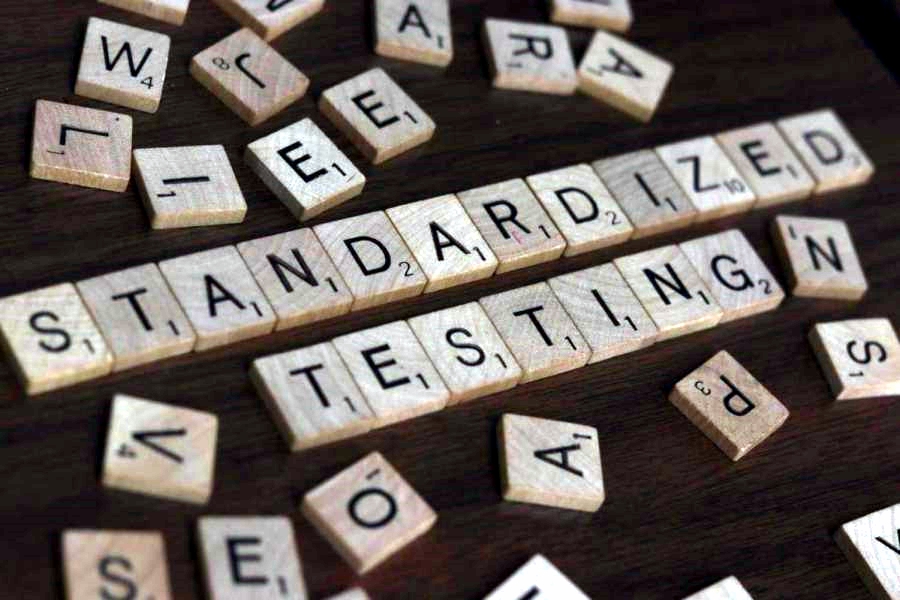 At the TESD meeting on June 8, the public learned that in addition to a 2.6% tax increase and administration salary increases, the school board’s approval of the budget included the suspension of ERB testing for the 2020-21 school year.
At the TESD meeting on June 8, the public learned that in addition to a 2.6% tax increase and administration salary increases, the school board’s approval of the budget included the suspension of ERB testing for the 2020-21 school year.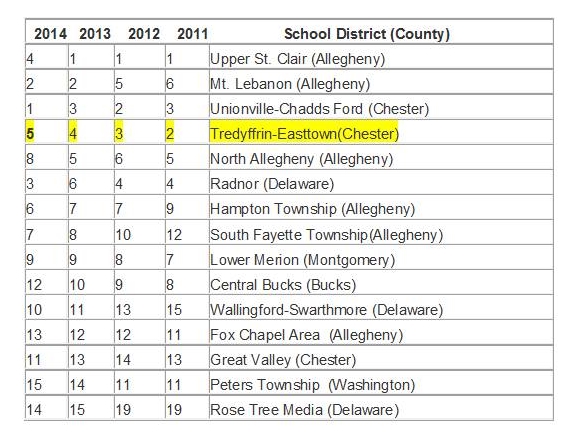

 Last month I wrote about money owed GEM Mechanical Services, a TESD vendor for a boiler project work at Devon Elementary and Beaumont Elementary completed in August 2019.
Last month I wrote about money owed GEM Mechanical Services, a TESD vendor for a boiler project work at Devon Elementary and Beaumont Elementary completed in August 2019. The voices of Tredyffrin Easttown School District residents were unified in their message to the school board. It took the District solicitor 1-1/2 hours to read into public record
The voices of Tredyffrin Easttown School District residents were unified in their message to the school board. It took the District solicitor 1-1/2 hours to read into public record 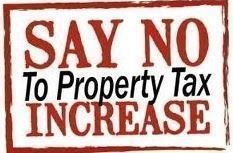 T/E School Board votes on the 2020-21 final budget on Monday, June 8, 7:30 PM. Due to Covid-19, the meeting is held virtually — to access the meeting visit the T/E School District website,
T/E School Board votes on the 2020-21 final budget on Monday, June 8, 7:30 PM. Due to Covid-19, the meeting is held virtually — to access the meeting visit the T/E School District website, 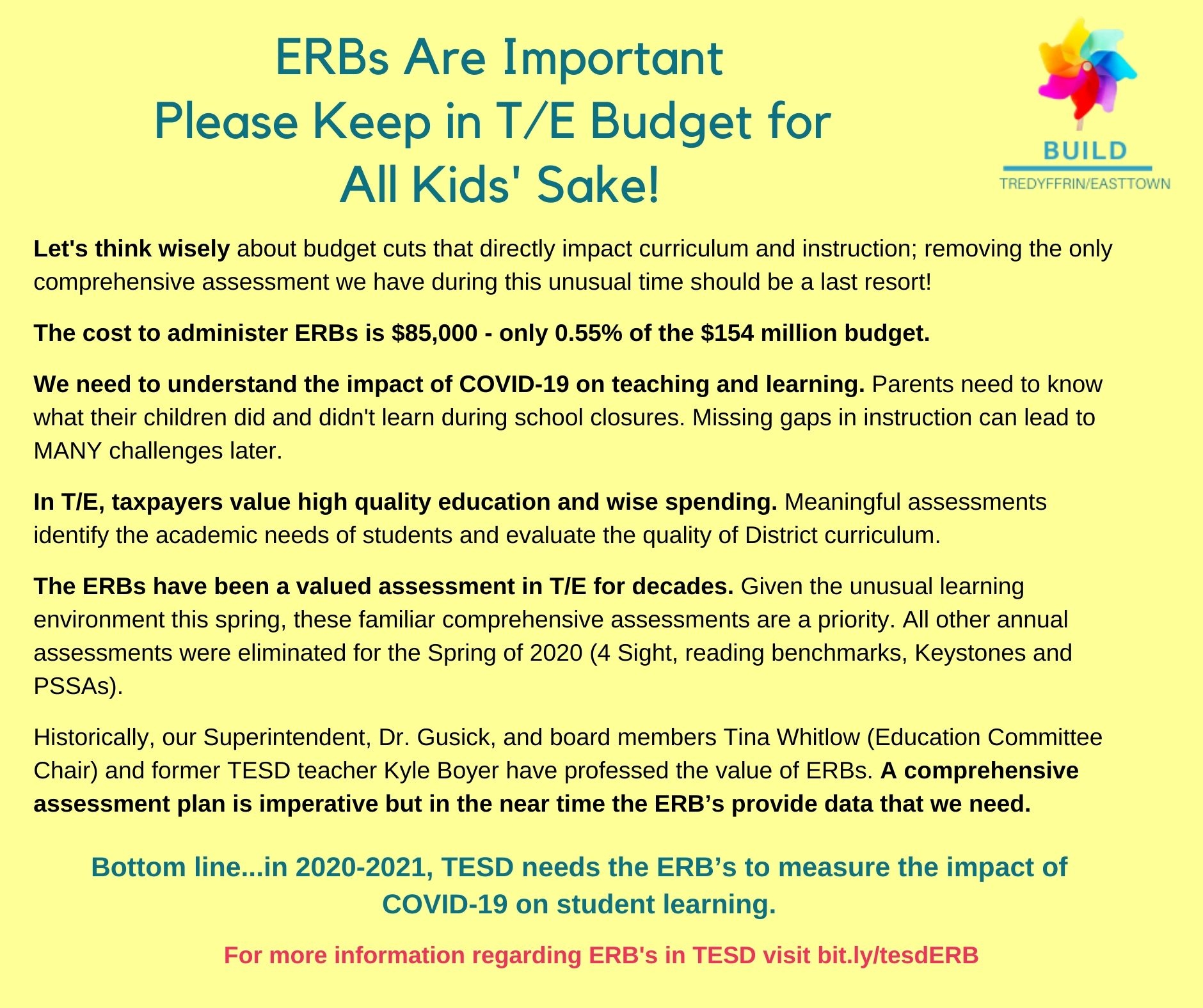
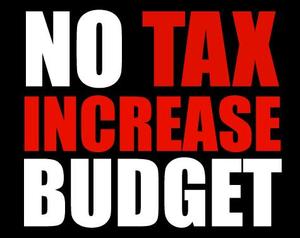 There is a virtual TESD finance committee meeting tonight at 7 PM (
There is a virtual TESD finance committee meeting tonight at 7 PM ( About three weeks ago, I was contacted by Sean Gaffney, VP of construction at GEM Mechanical Services regarding TE School District Renovations Project PO 19102724 and an unpaid balance of $36,295 (of a $700K contract). The boiler project work at Devon Elementary School and Beaumont Elementary work was completed in August 2019.
About three weeks ago, I was contacted by Sean Gaffney, VP of construction at GEM Mechanical Services regarding TE School District Renovations Project PO 19102724 and an unpaid balance of $36,295 (of a $700K contract). The boiler project work at Devon Elementary School and Beaumont Elementary work was completed in August 2019. Democratic State Senator Andy Dinniman is not seeking re-election, announcing his retirement a couple of weeks ago. The Senator has represented Chester County’s 19th Senate District since 2006 and we learned that he has endorsed Don Vymazal (D), his governmental relations advisor to succeed him.
Democratic State Senator Andy Dinniman is not seeking re-election, announcing his retirement a couple of weeks ago. The Senator has represented Chester County’s 19th Senate District since 2006 and we learned that he has endorsed Don Vymazal (D), his governmental relations advisor to succeed him.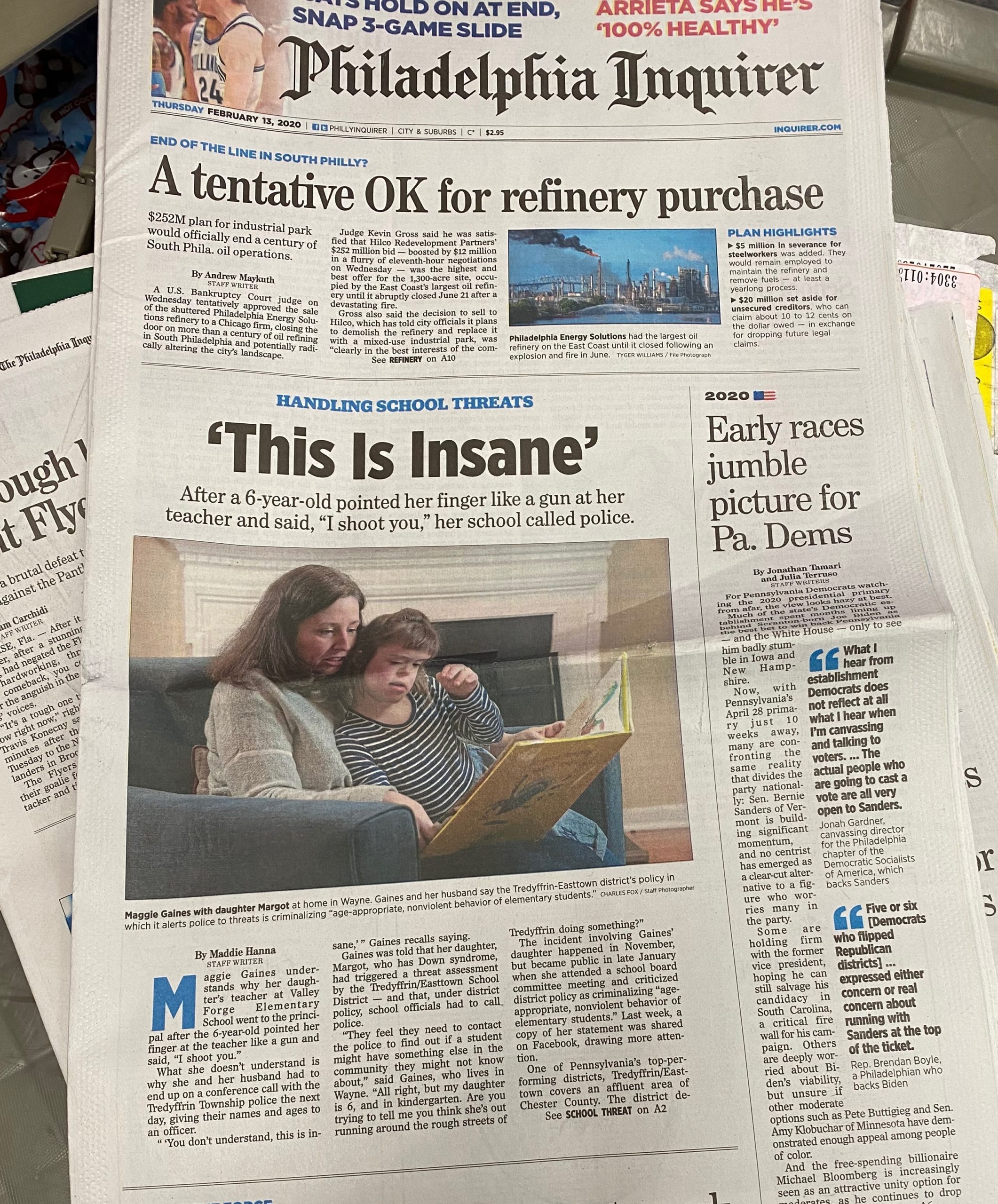 The headlines about the kindergartner with Down Syndrome who was reported to the police for pointing a finger gun continue to roll in with no end in sight. There are countless articles in major newspapers, on network TV stations, Facebook groups, website and blogs on the issue all touting shock and disbelief that this has happened.
The headlines about the kindergartner with Down Syndrome who was reported to the police for pointing a finger gun continue to roll in with no end in sight. There are countless articles in major newspapers, on network TV stations, Facebook groups, website and blogs on the issue all touting shock and disbelief that this has happened.